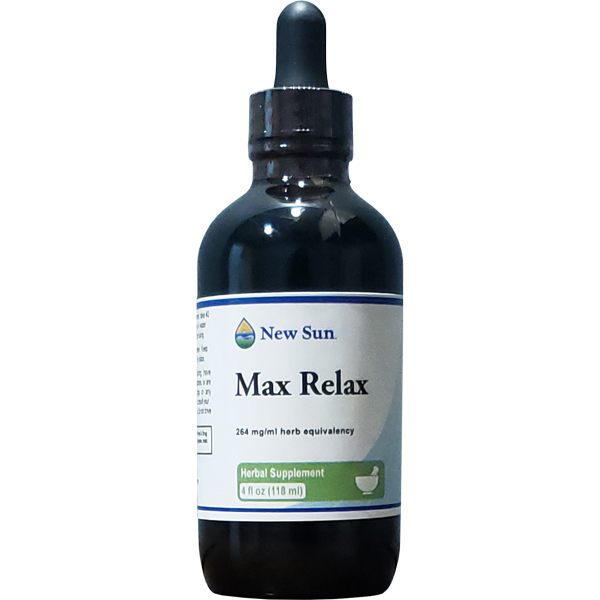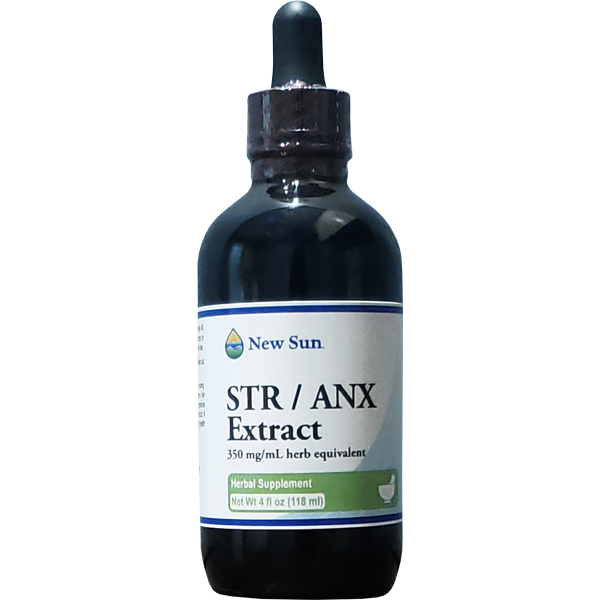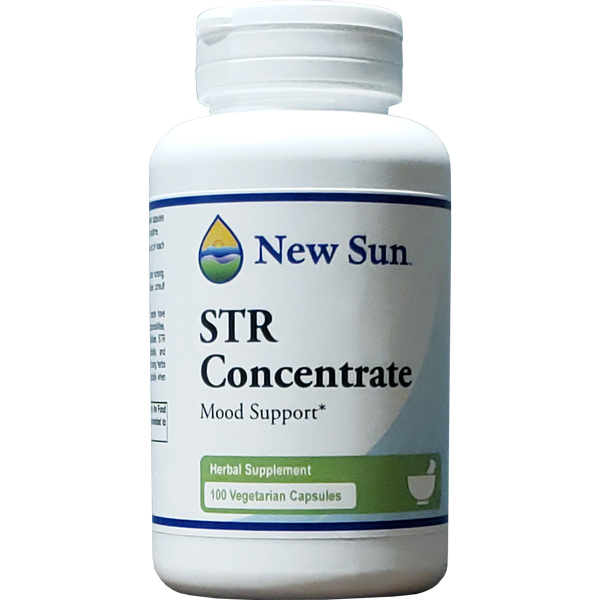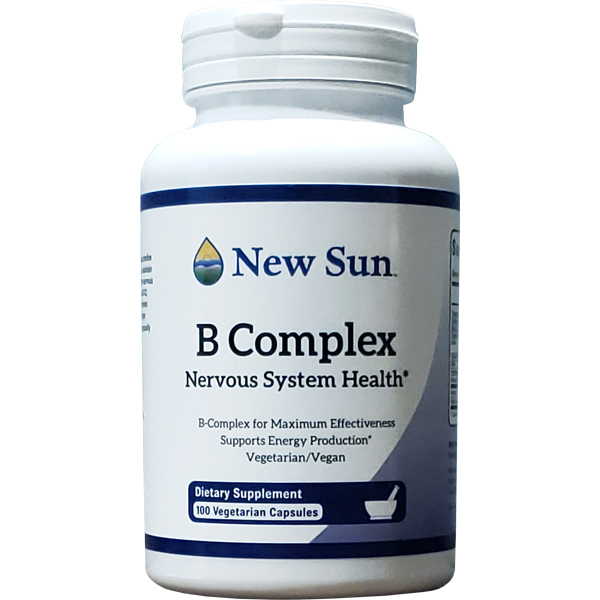Last week we posted about the top seven health concerns in the U.S. and the top prescribed drugs for each of those conditions. This week I would like to cover the number one health issue, Hypothyroidism.
This is a condition that many people do not realize is an issue for them. Many people have been misdiagnosed due to inadequate testing. Many people are not aware of the many health conditions that can arise due to thyroid issues. Let’s get really basic here and hopefully the information will be helpful to many of our readers.
For starters, what is hypothyroidism? In fact, what is the thyroid and where is it in relationship to our anatomy? Lastly, what are some of the causes?
As you can see from the diagram below, the thyroid is located in the front of the throat just below the Adam’s Apple. This small pink butterfly shaped gland releases hormones into the bloodstream which affect almost every part of your body. From your heart and brain to your muscles and skin these hormones play a major roll.

The thyroid controls how your body’s cells use energy from the foods we ingest, a process called metabolism. Among other things, your metabolism affects your body’s temperature, your heartbeat, and how well you burn calories. If you don’t have enough thyroid hormone, your body processes slow down and in turn that means your body makes less energy, and your metabolism becomes sluggish. This issue is called Hypothyroidism which is the number one health issue Americans are facing today as reported by IMS Health. Women, especially those over the age of 60, are more prone to hypothyroidism than men. However, children can also be affected.
Who is IMS Health? IMS Health is a leading global information and technology services company providing clients in the healthcare industry with end-to-end solutions to measure and improve their performance. Visit their website: www.IMSHealth.com to learn more. They deal with main stream health rather than alternative however, their information regarding drugs, their use, sales status etc. is excellent.
What are some of the causes of Hypothyroidism? There are a number of causes, many of which are overlooked.
The number one cause is an autoimmune disorder called Hashimoto’s Thyroiditis. A long name often referred to as “Hashi’s.” The body’s immune system attacks its own thyroid cells causing inflammation and the ultimate destruction of the gland over time. People with Hashi’s can vacillate between hypo and hyper when an attack occurs.
Many women may develop Hashi’s or simple hypothyroidism after the birth of a baby and is referred to as “silent thyroiditis” or “post-partum thyroiditis.” The causes for this can be varied from genetics or blood sugar issues to changes in hormone levels or the immune system.
Overtreatment for Graves Hyperthyroid or Hashi’s with radioactive iodine is another cause. Radiation to the head or neck can cause hypothyroidism.
Bromide is a chemical used in commercially prepared breads, baked goods, some vegetable oils, some citrus sodas, pesticides and some dyes. It is also present in high concentrations in seafood where it displaces iodine. It is toxic to the thyroid.
Iodine insufficiency is common with hypothyroidism which may be due to the lack of iodine in our diet, a lack of this essential mineral in our soil or an abundance of bromide in your body.
Selenium deficiency in our soil means a lack of this vital trace mineral in our food. This mineral is key for the conversion of the storage hormone T4 to the active hormone T3.
Pituitary gland failure can be another cause. If the pituitary fails to produce Thyroid Stimulating Hormone (TSH), hypothyroidism may result. If there is a tumor on the pituitary, or if there is a traumatic head injury.
Head or neck trauma, even whiplash can lead to hypothyroidism.
These are just a few of the causes. I recommend reading the book,” Stop the Thyroid Madness” by Janie A. Bowthorpe, M.Ed. available on Amazon.com.
What are the symptoms? The symptoms are not limited to what is listed below and often the symptoms will be vague or they may mimic other conditions.
• Changes in the menstrual cycle
• Constipation
• Depression
• Dry hair and hair loss
• Dry skin
• Fatigue
• Greater sensitivity to cold
• Slow heart rate
• Swelling of the thyroid gland (goiter)
• Unexplained weight gain or difficulty losing weight
• Carpal tunnel syndrome
You have read this post and you ask yourself, “What tests need to be performed to get an accurate diagnosis?” The standard TSH test that was established about 1973 is not sufficient in detecting hypothyroidism, for that matter most thyroid disorders. Ask your healthcare provider to perform the following blood work, if they are not willing then find one who will accommodate your request.
The following information was taken from the book, “Stop the Thyroid Madness” by Janie A. Bowthorpe, M.Ed. with permission of Janie A. Bowthorpe.
Thyroid Stimulating Hormone (TSH)- Functional Range: 1.8-3.0 m U/L (lab ranges vary, but usually go up to about 5.0, which would be well above hypo)
Free T4 (Free Thyroxine, FT3)- Usually elevated with hyperthyroidism and low with hypothyroidism. Both can occur in Hashimoto’s. Functional Range:1.0-1.5 ng/dl
Free T3 (Free Triiodothyroxine, FT3)- Measures the amount available to the receptor sites, which are in the cells. Many patients feel better when their level is in the upper normal range. Functional Range: 300-450 pg/ml
Reverse T3 (AKA RT3)- An elevated level is commonly due to inflammation or chronic stress, trauma, etc. Some experts speculate that elevated levels of T3 can be caused by elevated RT3. Functional Range: 90-350 pg/ml Antibodies: A positive test indicates that the body is attacking the thyroid tissue. The level of antibodies can fluctuate, so some functional practitioners repeat the test if the results are negative and Hashi’s is strongly suspected.
Thyroid Peroxidase Antibodies (TPO Ab)-This test is the most important one for diagnosing Hashimoto’s. There is really no such thing as a functional range, though labs still have ranges.
Thyroglobulin Antibodies (TGB Ab)- Is not required for diagnosing Hashimoto’s, but is helpful because the antibodies often target the thyroid tissue.
Thyroid Stimulating Immunoglobulin (TSI) Grave’s disease antibodies- People with Hashimoto’s can simultaneously have Grave’s disease. Patients with Grave’s can also have high TSH levels too. It’s possible for someone to have Grave’s first and then Hashimoto’s, or vice versa.
Optional:
Vitamin D- Functional Range: 55-80 ng/ml (functional range is especially for Hashimoto’s patients) Iron Ferritin TIBC (Total Iron Binding Capacity) Vitamin B12 Liver & kidney function panels Magnesium
CMP and CBC with Differential
The testing is complete, if you test positive for hypothyroidism and your doctor prescribes Synthroid some of the common side effects of Synthroid include fever, hot flashes, sensitivity to heat, sweating, headache, nervousness, irritability, nausea, sleep problems (insomnia), changes in appetite or changes in weight, transient hair loss and pounding heartbeats or fluttering in the chest. Some women experience menstrual changes.
Is this your only choice? Absolutely not. There are several natural compounds available that have clinical research to substantiate their effectiveness. What are those choices? Nature-Throid for one ranks highest on the list of alternative products, NP Thyroid (Acella) and WP Thyroid. There are a number of websites that you can view for extensive information on these desiccated thyroid compounds. One that you might want to view is:www.jeffreydachmd.com/2013/06/natural-thyroid-is-better.
Foods and supplements for better thyroid health:
For those of us that are on our journey toward better health through natural means, diet is always a big part of that journey. There are a number of foods that are essential for thyroid health and function and there are those to avoid. Eating as much raw or steamed foods as possible will provide the nutrients and enzymes that are needed for digestion and optimal health. When one cannot afford organic there may be a need for supplementation and they are listed here as well. The list does not mean that you have to take all of them but read, educate yourself about each of them and determine if they will be beneficial for your body and above all, your thyroid.
Foods: Almonds, Almond Flour, Apple Cider Vinegar, Apricots, Asparagus, Avocados, Blueberries, Brazil Nuts, Cauliflower, Coconut Oil, Coconut Water (not milk), Eggs, Fish, Poultry, Meats, Onions, Pumpkin Seeds, Spinach, Tomatoes, Fresh Vegetable Juices and Yogurt.
Supplements: Acidophilus, Alpha Lipoic Acid, Ashwagandha, B-vitamins, B5, B6, B12, Cinnamon, Coenzyme Q10, Cod Liver Oil, Eleuthero, Omega 3, Folic Acid, Ginger, Ginkgo Biloba, Grape Seed Extract, Kelp, Krill Oil, Magnesium, Melatonin, Milk Thistle, Minerals, Mult-Vitamins, Potassium, Life Source, Selenium, Celtic Salt, Vitamin A, Vitamin C, Vitamin D, Zinc in addition to New Sun Thyroid Health and Thyroid Cell Salts.
The Adrenal Gland is important to support as well when dealing with thyroid disorders and bringing the body back into balance.
New Sun’s mission is to educate and help people to better health and vitality with quality products. We do not stock all of the supplements listed but feel it is important that people know about them and when choosing your supplements be sure that they are organic when possible, always free of pesticides, fungicides and other excipients.
*These statements have not been evaluated by the Food and Drug Administration. These products are not intended to diagnose, treat, cure, or prevent any disease.




